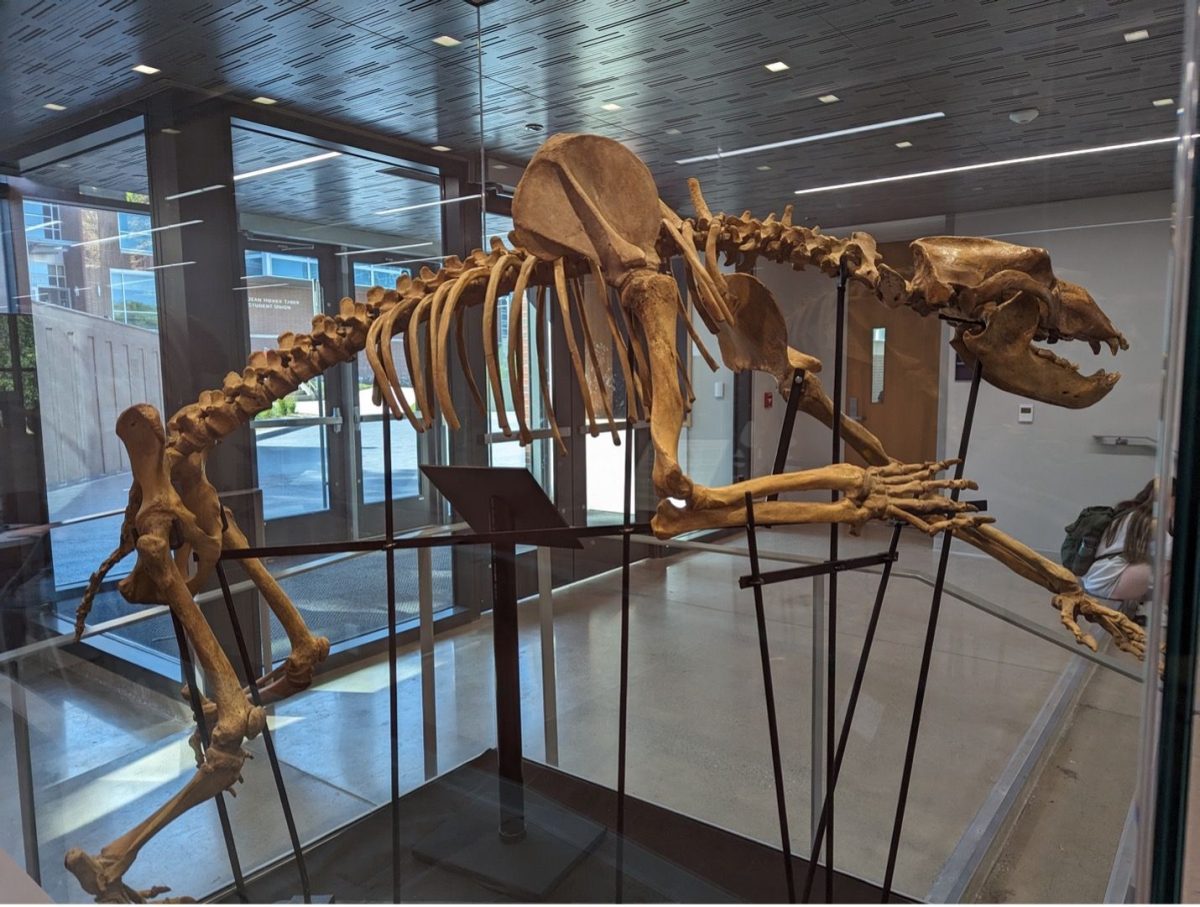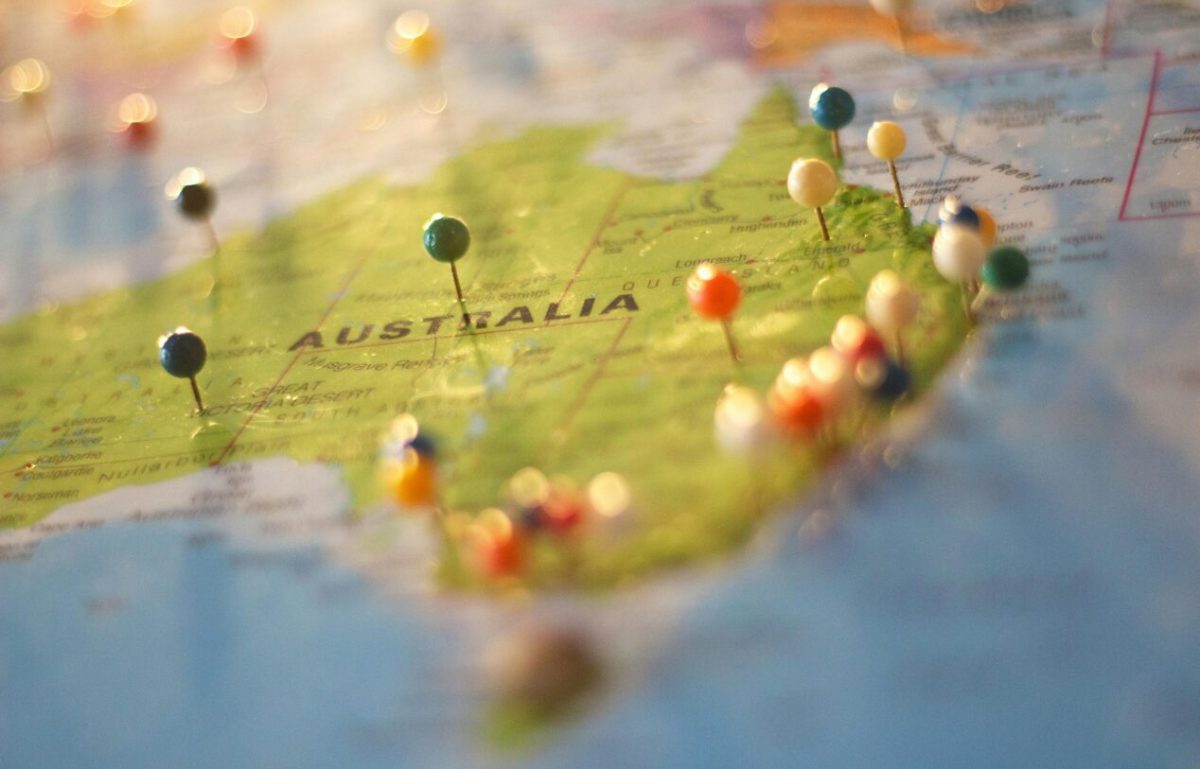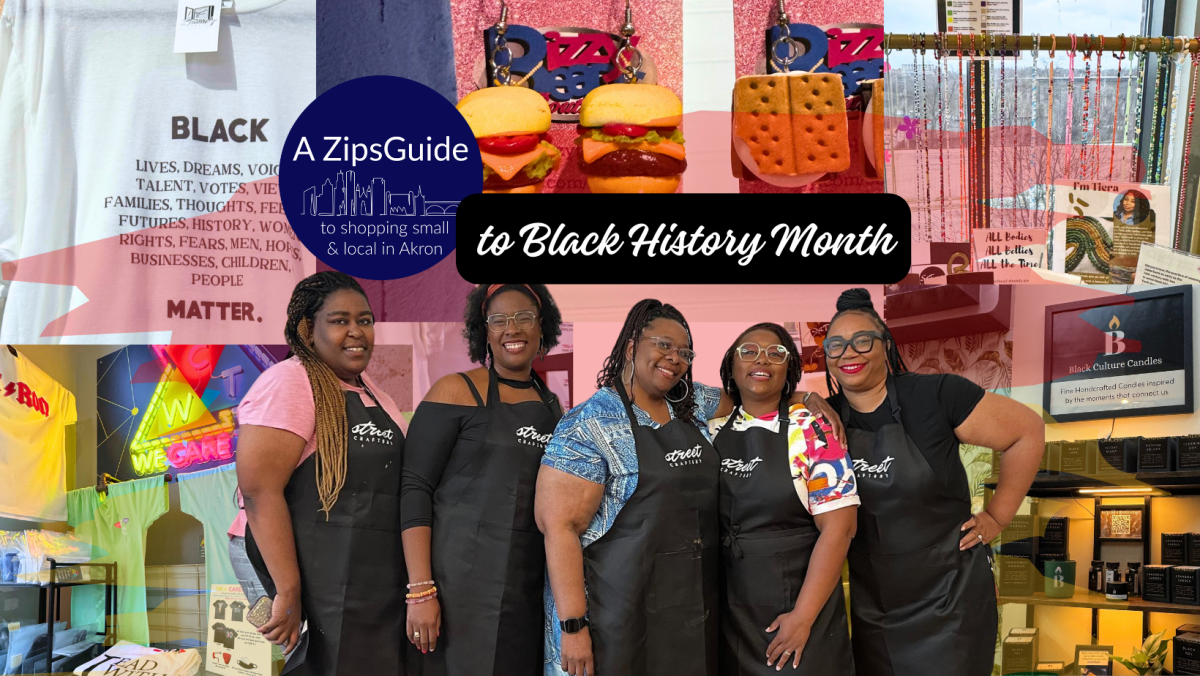A Letter to the Editor: A world without money
October 15, 2013
Money need not exist. All it does is create problems. I’m not very religious, but even I know that the Bible says “the love of money is the root of all evil.”
This was realized 2,000 years ago and apparently most people nowadays have either forgotten or chosen to ignore this message.
Since money is made by humans, it is artificial, false, and one may even say a lie. Money has no true value and is only perceived to have value because of people.
The only positive thing that money is supposed to do is facilitate trade. However, different nations use different versions of money, making conversions necessary.
Because of this, money only complicates things. Items can also cost different prices in varying areas across the same state or nation, proving how inconsistent money is.
In pursuit of this utterly worthless substance, people are forced to do degrading things, such as work fast food positions. Plants could do it if they had limbs.
When it comes to money, not having enough of it can cause issues as well.
Maybe if it didn’t exist, some issues would be resolved. Perhaps some people abort their unborn baby because they thought they couldn’t financially care for the child. If there wasn’t money, financial stability wouldn’t be an issue.
Another possibility is that less people would deal drugs and therefore less people would use them as well. Eliminating money would also make life more enjoyable by allowing more wants to be fulfilled.
For instance, now just about anyone could take that trip around the world if they wanted, although there would likely be some really long lines at the airport.
Connecting to the earlier statement, money is a drug. Each time someone sticks a wad of cash into their purse or wallet, they might as well be sticking a heroin needle into their arm because they’re certainly not helping themselves.
People definitely have a mental dependence upon money. For instance, cash-strapped people are always stressing out over how they’ll pay their bills.
People are physically dependent upon it to an extent as well. There are people in Africa dying from varying diseases because they can’t afford the equivalent of a few cents here in the U.S. for some pills. People are forced to depend on money mentally and physically because of how our society is built.
The concept of work in today’s society is that “it is what I must do to make money.” It is an absolutely terrible viewpoint.
People are supposed to spend a good chunk of their life chasing after a nonexistent substance, effectively wasting their life. This can mean that “you’re a slave to money then you die.” Though, I suppose my views could be labeled “neo-abolitionist.”
It would be better if instead of doing this to attain money, people did things out of the kindness of their heart, enjoyment or curiosity.
There are already charities which cover the first two (albeit they rely on money, and although some donors possibly do so for the tax break, they most likely do it out of kindness and the feeling they get by helping others) and much of science wouldn’t have and won’t occur without the last.
The motivators mentioned above already work on a smaller scale and it’s time to make them the mainstream. Connecting to this, a big picture view would need to be taken.
Here is an example.
Say I’m a farmer and I come across someone else who is a carpenter. I could give the carpenter food if they built my barn and vice versa, which is an old-fashioned barter.
However, even if they don’t build a barn for me, I would still give them food, as they would have helped to create other buildings, lending a hand to society as a whole. Likewise, the carpenter would respect me since I grow food for others.
If the carpenter can’t get to me directly, that’s fine, as there could still be grocery “stores.” Citizens would go there and pick up what they wanted.
However, there is the matter of trust and greed in this plan, so the resources might have to be rationed. There is then the issue of trusting who’s doing the rationing.
To counter this, the community would likely have to become very close-knit. I’m not saying they should keep constant surveillance on each other, but interact more.
If a person takes too many supplies, they could be kicked out of the society or labeled a criminal of sorts and made to do the crummy jobs.
On this note, I feel that there are many people who have the potential to go on and do better things but they’re stuck doing those previously mentioned crappy things.
To give those individuals a chance to improve their situation, criminals (probably not the violent ones) or people with intellectual disabilities (depending on how severe they are) could fill those positions.
Having these groups fill these roles could actually help them out. The prisoners won’t have to rot in a cell or worry about shower time, and the people with intellectual disabilities could have more independence. Volunteers would also be accepted.
As an alternative, though this would be another challenge, we could eliminate some jobs/professions.
For instance, fast food shouldn’t be eaten in the first place, and without money, accountants wouldn’t be needed (if that’s your major or job, don’t freak out, there’s alternatives on the way).
Workers from those crummy and/or eliminated spots will be steered towards college or a trade school to learn a more applicable profession in the new society.
This will likely be a challenge, as it entails a humongous change, but if humans honestly gave it their best shot, it would work.
This sounds a lot like a utopia and/or a mix of varying political, philosophical and religious views, but I’m not trying to just rehash old ideas or start a new school of them either.
Furthermore, my ideas aren’t going to end all violence. Not to sound cliché, but I really do want to make the world a better place, and this is a way I think that could happen.











